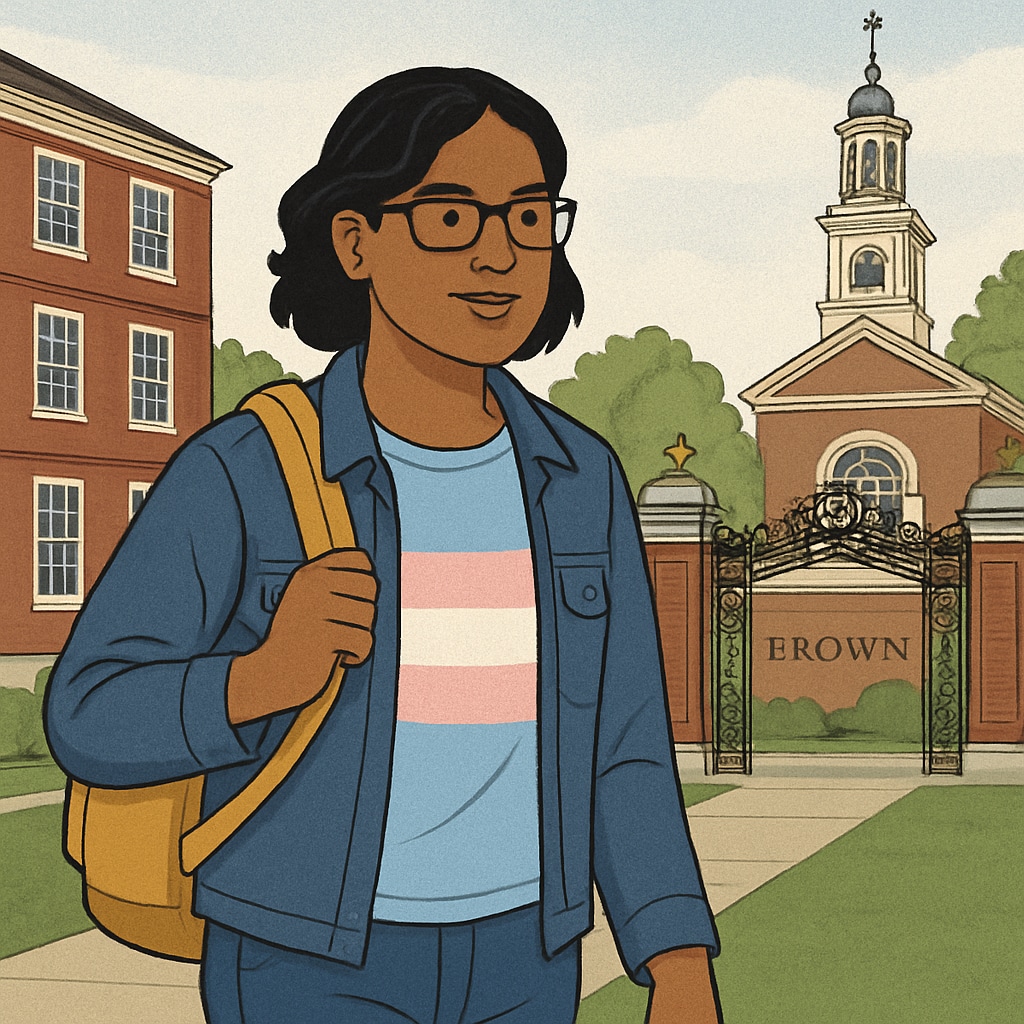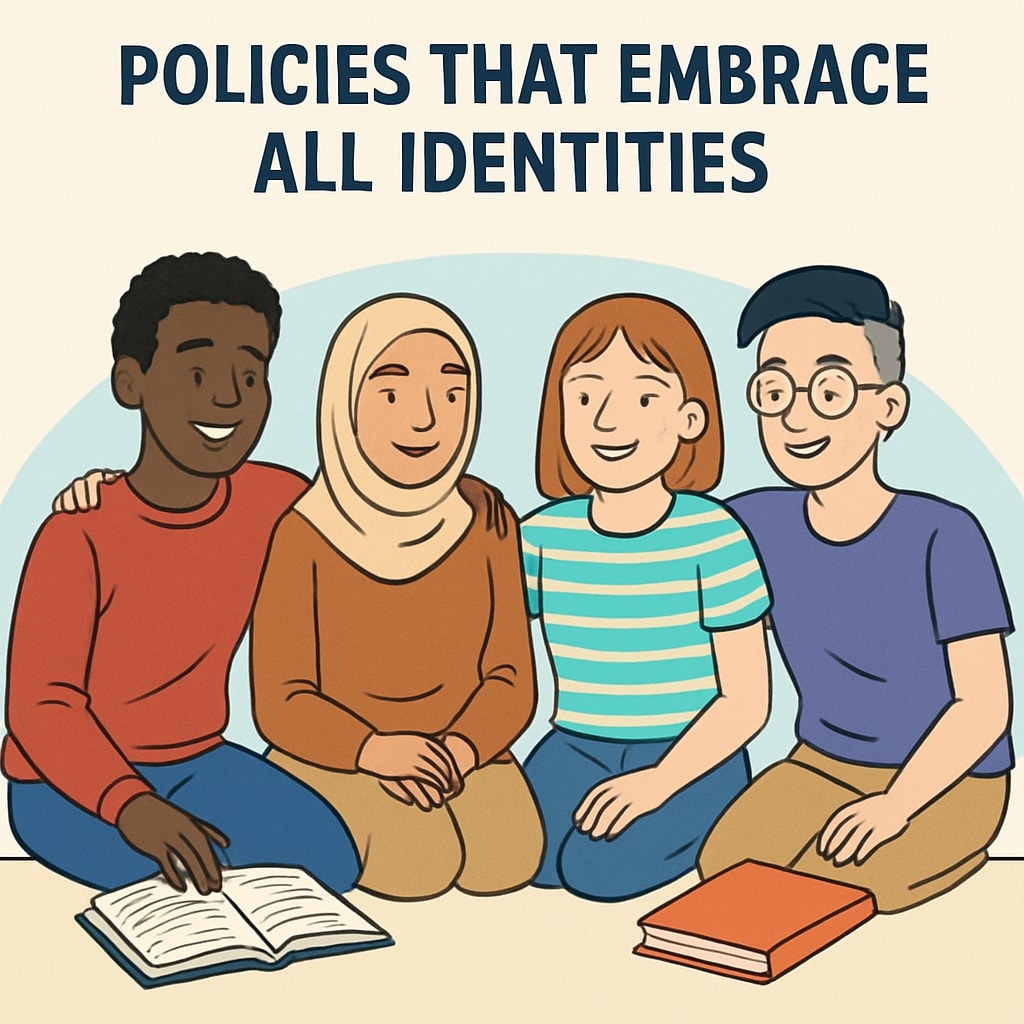Brown University’s agreement with the Trump administration to define gender strictly within a binary framework has sparked significant controversy and concern. This policy poses unique challenges for transgender students, who often find themselves navigating a campus environment that may not fully recognize or support their identities. As a result, educational equity and inclusivity have come under scrutiny, raising questions about how institutional policies shape both the academic and personal experiences of these students.

Challenges of Binary Gender Policies in Higher Education
Binary gender policies, such as the one adopted by Brown University under its agreement with the Trump administration, define gender strictly as male or female based on biological sex assigned at birth. For transgender students, this approach invalidates their lived experiences and identities. Such policies create barriers to accessing gender-affirming resources, including housing accommodations, restrooms, and healthcare services.
Furthermore, these policies may contribute to stigmatization and discrimination. For example, students might face difficulties in updating their academic records to reflect their identified names and genders. This can lead to feelings of alienation and exclusion within the campus community.
Impacts on Psychological Safety and Identity Development
The psychological safety of transgender students is closely tied to their ability to express their identities authentically. Policies that enforce restrictive definitions of gender can undermine this safety, increasing the risk of mental health challenges such as anxiety and depression. The lack of institutional support may also hinder identity development, a critical aspect of personal growth during college years.
In addition, the campus culture plays a significant role in shaping students’ perceptions of belonging. A policy that fails to acknowledge the complexity of gender identity can inadvertently foster an environment of intolerance. For transgender students, this may result in feelings of marginalization and isolation, further exacerbating the challenges they face.

Promoting Educational Equity and Inclusivity
To address these challenges, institutions like Brown University must prioritize policies that promote inclusivity and educational equity. This includes providing gender-neutral facilities, expanding mental health resources, and ensuring that all students have equal access to campus opportunities. Moreover, faculty and staff training on gender diversity can help create a more supportive environment for transgender students.
Advocacy and activism also play vital roles in driving change. Student-led initiatives and partnerships with LGBTQ+ organizations can amplify the voices of marginalized groups and encourage institutions to reconsider restrictive policies. By fostering dialogue and collaboration, universities can better align their practices with the needs of their diverse student populations.
Readability guidance: This article uses concise paragraphs, active voice, and transitions to ensure clarity. It includes lists and examples to summarize key points and avoids overly technical language to maintain accessibility for a broad audience.


